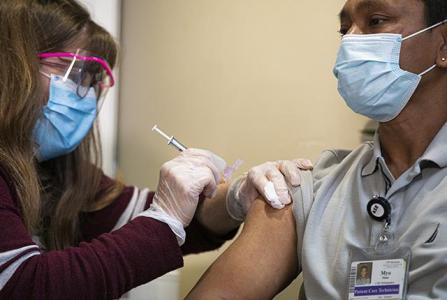Martin Luther King Jr. Day Message from DGH Leadership
Dear DGH community,
Monday, January 18, is Martin Luther King Jr. Day, on which we celebrate Dr. King’s legacy as a civil rights leader. His brilliant leadership, advocacy, and nonviolent civil disobedience were instrumental in fighting segregation and promoting the right to vote. His work and commitment to antiracism continue to inspire.


